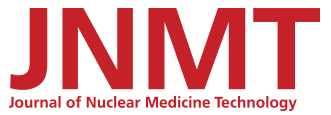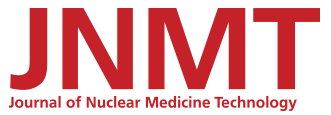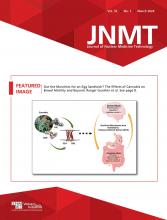Abstract
Objective: Intestinal 18F-FDG uptake is variable in whole body PET/CT scan. In cancer patients, in particular those suspected for relapse or metastasis, 18F-FDG absorption might interfere with scan interpretation. This study was conducted in order to evaluate the effect of the diet on intestinal 18F-FDG absorption. Materials and Methods: A total of 214 patients referring for oncologic 18F-FDG PET/CT scan participated in this study. They were randomly divided into two groups and advised to follow one of the following diets 24 hours prior to the study; namely routine diet (RD) or low carbohydrate high fat diet (LCHFD). Small bowel and different parts of colon including caecum, ascending, transverse, descending as well as hepatic and splenic flexure segments were evaluated and visual interpretation of the scan images was made by nuclear medicine experts. Bowel uptake was graded through comparison with that of the liver as absent, mild, moderate and severe. Results: Significantly higher 18F-FDG uptake was observed in the descending colon (P = 0.001) and small intestine (P = 0.01) in the group following RD in comparison with the LCHFD group. After omitting patients with bowel cancer from the statistical analysis, no significant differences in the final results were seen. Conclusion: LCHFD intake from 24 hours prior to 18F-FDG PET imaging resulted in lower 18F-FDG uptake in descending colon and small bowel compared to RD, assisting the interpreting physician by declining the intestinal activity interference for more accurate diagnostic interpretation.







